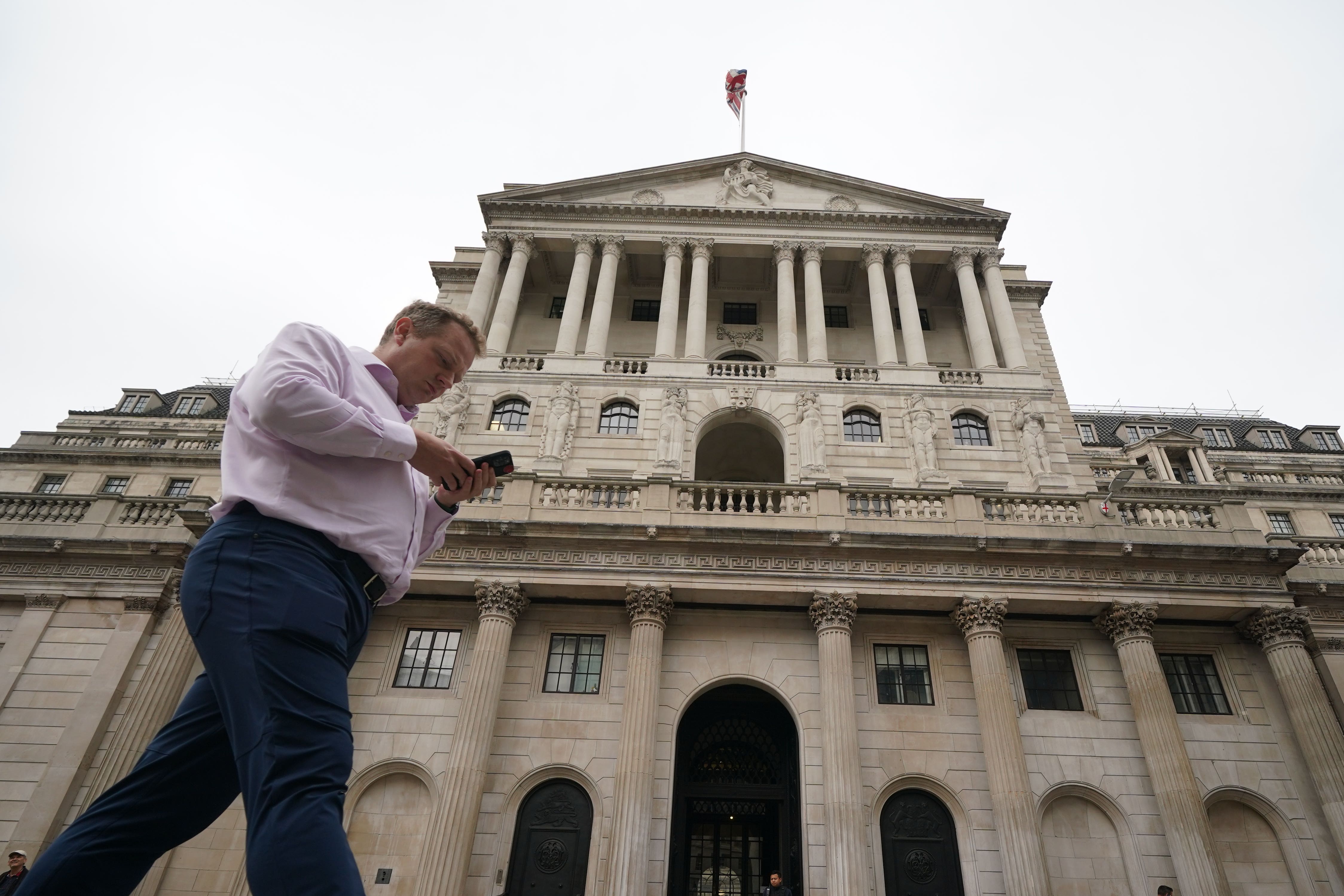Lessons must be learned from gilt market crisis, Bank executive says
Sarah Breeden said that the Bank’s decision to intervene in the gilts market in September was led by ‘poorly managed leverage’.

Your support helps us to tell the story
From reproductive rights to climate change to Big Tech, The Independent is on the ground when the story is developing. Whether it's investigating the financials of Elon Musk's pro-Trump PAC or producing our latest documentary, 'The A Word', which shines a light on the American women fighting for reproductive rights, we know how important it is to parse out the facts from the messaging.
At such a critical moment in US history, we need reporters on the ground. Your donation allows us to keep sending journalists to speak to both sides of the story.
The Independent is trusted by Americans across the entire political spectrum. And unlike many other quality news outlets, we choose not to lock Americans out of our reporting and analysis with paywalls. We believe quality journalism should be available to everyone, paid for by those who can afford it.
Your support makes all the difference.Lessons must be learned from the gilt market turmoil that briefly destabilised the UK economy, an executive director at the Bank of England has said.
Sarah Breeden, who oversees the UK’s banks and building societies, said that the Bank’s decision to intervene in the gilts market in September was led by a “simple” root cause, and that was “poorly managed leverage”.
Leverage refers to an investment strategy whereby funds borrow money to buy assets, and is an integral part of the wider economy, Ms Breeden said.
Her comments come after the former Chancellor’s mini-budget on September 23 prompted severe volatility in the financial markets, to the extent that some pension funds were at risk of collapsing.
The Bank of England was forced to step in to soothe the markets and it launched an emergency bond-buying programme which cost about £19 billion in total.
Events of recent weeks, months and years have once again reminded us of the systemic risks posed by poorly-managed leverage in the non-bank financial system
Ms Breeden stressed that the programme was a “means to an end” and that “non-banks” – meaning financial institutions outside of the banking sector, like pension funds – must learn from the mistakes that were made.
She said: “Events of recent weeks, months and years have once again reminded us of the systemic risks posed by poorly-managed leverage in the non-bank financial system.
“All too often excessive risk-taking alongside improper liquidity risk management has threatened conditions in the real economy – an issue that feels especially pertinent in the current environment of high volatility and tightening financial conditions.”
Greater transparency is an important first step, she told an event run by derivatives trade association ISDA and alternative investment group AIMA.
She said: “These episodes highlight the need to take into account the potential amplifying effect of poorly managed leverage, and to pay attention to non-banks’ behaviours which, particularly when aggregated, could lead to the emergence of systemic risk.”
We can draw comparisons with the mortgage market, Ms Breeden added, whereby borrowers go through affordability tests and banks are stress-tested to limit the risks of households falling into debt.
Comprehensive stress testing would make non-banks more resilient and allow them to better manage risk, she said.